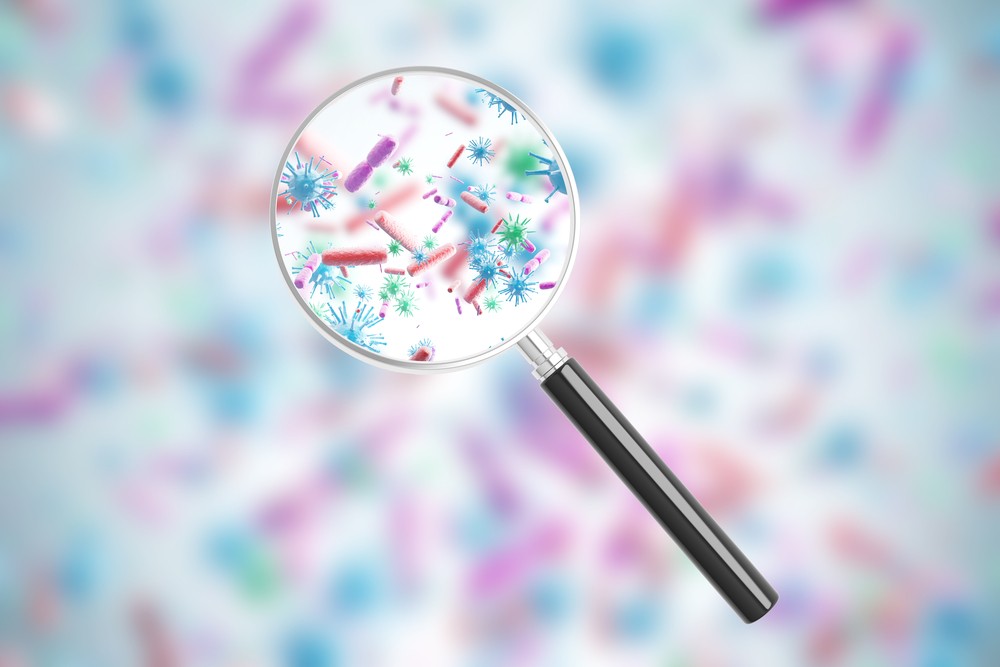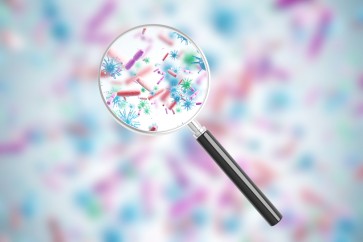Popular Reads
Top Results
Can't find what you're looking for?
View all search resultsPopular Reads
Top Results
Can't find what you're looking for?
View all search resultsGenomic data, privacy and equity in Health Law
The Health Law underscores the various stages at which genomics can play a role, from the initial specimen collection to long-term specimen storage and even further to the management and utilization of specimens and associated genomic data.
Change text size
Gift Premium Articles
to Anyone
G
enomics holds significant potential for both public health and individual healthcare. Human genomics is crucial in advancing precision medicine, which involves tailoring treatment strategies to an individual's unique genetic makeup. The market for precision medicine is expected to grow significantly.
According to a report from BIS Research, the global precision medicine market is expected to reach nearly US$217 billion by 2028. This growth is driven by factors such as the increasing prevalence of chronic diseases, bioinformatics advancements and gene therapy's growing application in rare diseases.
On the other hand, pathogen genomics is instrumental in public health surveillance and responses, helping track disease spread and inform intervention strategies. It has been a cornerstone of the global response to the COVID-19 pandemic.
The COVID-19 disease is caused by the SARS-CoV-2 virus, and genomic sharing has been critical in identifying and tracking the emergence of many SARS-CoV-2 variants around the world, such as the Alpha, Beta, Gamma and Delta variants. The initial sequencing and sharing of the SARS-CoV-2 genome by Chinese scientists in January 2020 allowed researchers worldwide to begin developing vaccines.
Indonesia is grappling with a substantial burden of noncommunicable diseases (NCDs), which account for an alarming 76 percent of total mortality. Predominant causes of these deaths include cardiovascular diseases, cancer, diabetes and respiratory disorders. Additionally, the nation ranks among the top in terms of tuberculosis prevalence.
In this context, genomics could prove instrumental in addressing these health challenges that Indonesians face. Genomics could transform the country's healthcare landscape by enabling early detection and disease-specific treatments.
The government has delineated its aspirations for genomics research tailored to the country's healthcare requirements. It has set up a national entity, the Biomedical and Genome Science Initiative (BGSi), and has started initial projects in collaboration with specific hospitals.



















